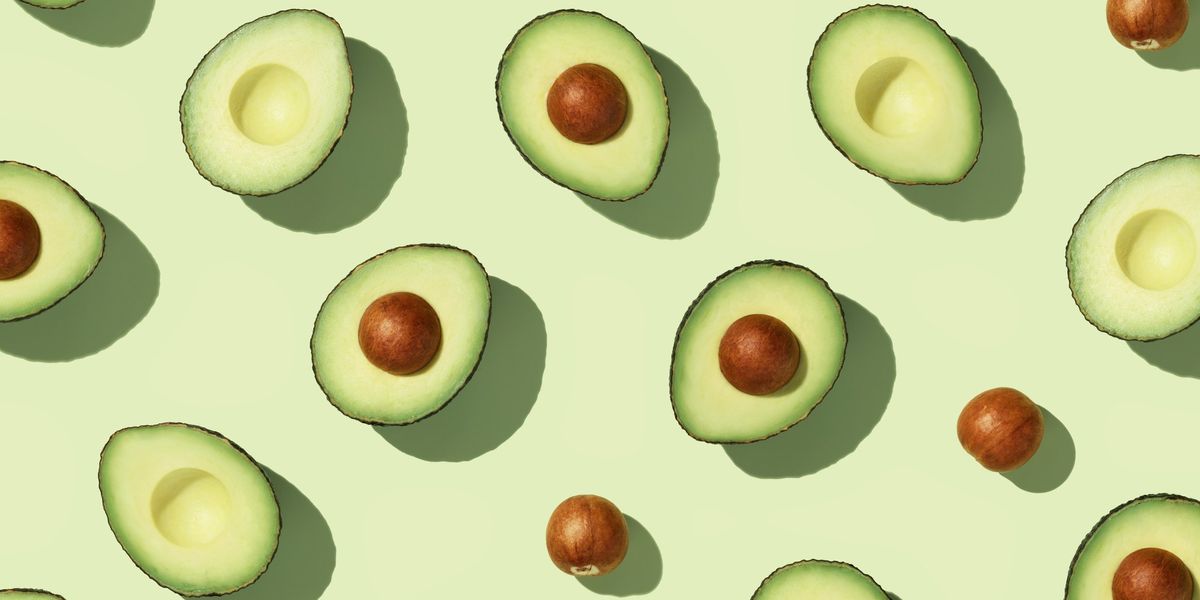We support our Publishers and Content Creators. You can view this story on their website by CLICKING HERE.

I am repeatedly told by certain pundits that “tariffs are a tax on consumers.” These pundits, who don’t foresee a scenario where their own income might be outsourced, are probably correct in some cases — tariffs could increase consumer prices on certain products. So what?
Another “tax” on consumers is the erosion of purchasing power caused by inflation, which results from out-of-control government spending. If the political class is going to focus on the “effective tax” of tariffs, can we at least start discussing the “effective tax” of inflation driven by government spending?
The tariffs Trump is proposing against Canada and Mexico serve a specific national security purpose.
Donald Trump recently announced plans to impose a 25% tariff on Mexican and Canadian imports upon his inauguration, until those countries take action to stop the flow of illegal aliens and drugs, especially fentanyl, across the border. Trump also proposed a 10% tariff on Chinese products, without offering China any incentive to resolve the issue.
Curiously, much of the discussion around these tariffs assumes the 25% rate will remain in place, suggesting that our neighboring countries will continue to allow drug and human trafficking to flow unabated. It’s worth noting that a Venn diagram of those supporting both unreciprocated “free trade” and an uncontrolled border would look nearly identical.
Since 2022, Congress has appropriated over $170 billion for Ukraine’s war effort, reallocating billions more from previous budgets. The U.S. government does not have this money, which has caused the federal deficit to grow. Congress could have raised taxes to fund its Ukraine appropriations — an obvious “tax on consumers” — but instead, it spent money it didn’t have, fueling the deficit-driven inflation crisis that continues to burden consumers.
Grocery prices have increased by 22% since Joe Biden took office, due to out-of-control government spending. Funding the permanent war machine that is killing off a generation of Ukrainian and Russian men does not affect our national security, but it does promote inflation here in the United States while continuing to enrich the Ukrainian-adjacent graft industry.
In contrast, the tariffs Trump is proposing against Canada and Mexico serve a specific national security purpose. My wife and I have several friends who have lost children to fentanyl, which almost certainly originated in China before crossing into the country from Mexico. Those precious children died as a result of asymmetrical warfare waged against the United States by China and Mexico.
The U.S. defense budget exceeds $800 billion, all paid by U.S. citizens through taxes or inflation caused by deficit spending. Yet none of that $800 billion goes toward stopping the deadly acts of war China and Mexico are committing at our southern border. If the U.S. defense budget doesn’t protect us from this invasion, funding border security through tariffs becomes an attractive option.
Maybe I’ll pay an extra 25 cents for a bottle of Cholula, or perhaps I’ll switch to Louisiana hot sauce. But what about avocados? For some reason, the anti-Trump media has seized on avocados as the key product affected by Trump’s proposed Mexican tariffs. The New York Times warned readers to “Prepare for Guacamole to Be a Luxury Item,” noting that two-thirds of vegetables and almost half of fruit and nut imports to the U.S. come from Mexico. Avacados: 90%.
NBC’s Chuck Todd comically warned about Trump’s “guacamole tax,” saying, “We get most avocados in this country from Mexico. If you enjoy guacamole, be prepared to pay a higher tax for it if these tariffs go through.”
Of course, Todd’s much-feared “guacamole tax” would disappear if Mexico stopped its asymmetrical war against the U.S. by halting the flow of drugs and human traffickers across its northern border. But Todd seems to think pressing Mexico to end its campaign of mass murder against Americans through fentanyl is too much to ask.
Oilfield Rando’s RandoLand site tracks government waste by linking to ridiculous spending items from U.S. government websites. One recent example is a $330,000 appropriation for “technical assistance for gender empowerment training, impact measurement tools, and governance enhancement for NILUS’s food security program in Mexico City.”
This absurd spending was funded through deficit spending, which has contributed to rising inflation for U.S. consumers. If I must accept higher inflation because of gender empowerment training in Mexico City, I’m also willing to pay a little more for the “tax on consumers” from tariffs on Mexican products. Or, even better, Mexico can avoid the tariffs by stopping the global crime network passing through its country and ending its border war against the United States.

 Conservative
Conservative  Search
Search Trending
Trending Current News
Current News 






